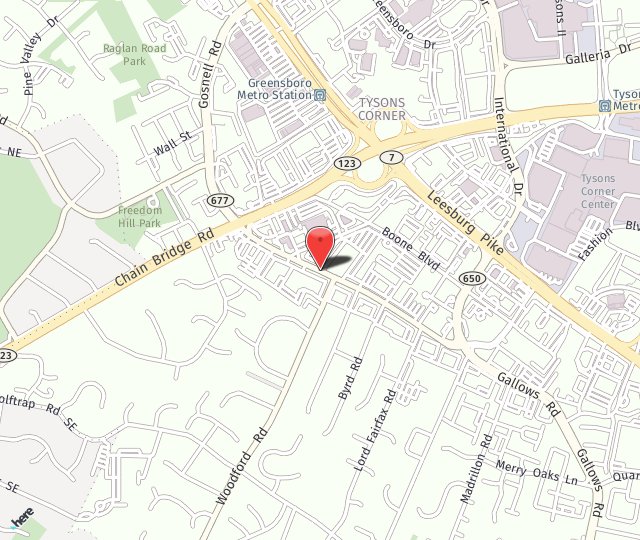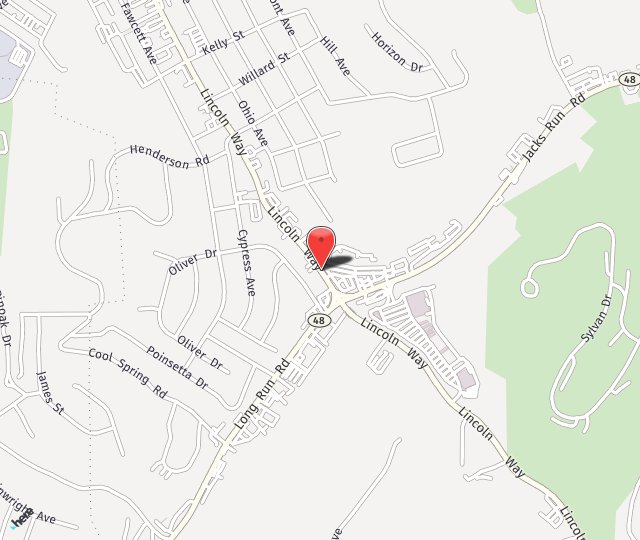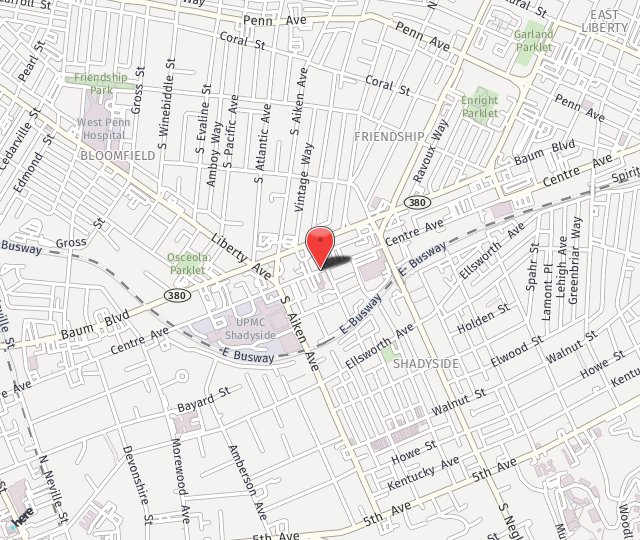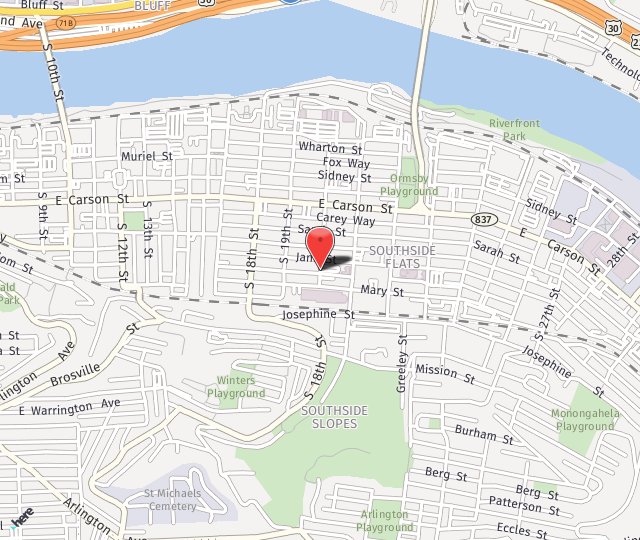Who needs Laser Surgery?
Dr. Benjamin Chun will carefully evaluate you to determine if your situation qualifies for retinal laser eye procedure. Usually he will do a dilated retinal examination, often followed by special testing including Optical coherence tomography (OCT) and Fluorescein Angiography (FA).
Lasers are commonly used to treat the following eye conditions:
Diabetic Retinopathy
Diabetic retinopathy is a disease of the small blood vessels that nourish the retina. It is especially prevalent in Type I or insulin-dependent diabetes, but it can occur in Type II diabetes as well. In some cases, blood vessels weaken and can begin to leak fluid, fatty or protein deposits, and blood, reducing the nourishment to the retina.

Focal Laser Treatment
Also known as photocoagulation, is used to seal off the vessel leaks from blood vessels by making laser burns.
Panretinal photocoagulation, also known as scatter laser treatment, can shrink and slow the growth of abnormal blood vessels by making laser burns to stop the blood vessels from growing.
Retinal Vein Occlusions
The small blood vessels that nourish and drain blood from the retina (retinal veins) can sometimes become blocked as part of the aging process. This is more common in patients with high blood pressure. A retinal vein occlusion can cause the retina to swell with fluid and blood, blurring central and peripheral vision. Other times, new blood vessels may grow and cause pain with very high pressure inside the eye, such as in neovascular glaucoma and retinal artery occlusion. Laser treatment can help reduce this swelling or cause the new blood vessels to disappear. Check with Dr. Chun to see if he does this.
Retinal Tear
A retinal tear is when the retina begins to detach from the eye, but is not yet completely detached.
Laser Treatment (Laser Retinopexy)
is used to repair a retinal tear or hole. A high-energy laser is used to heat small pinpoints on the retina that then create scar tissue, which binds (or “welds”) the retina to the underlying wall of the eye.
What happens during Laser Surgery?
There are no special preparations before eye laser treatment. You should eat normally and take your regularly prescribed medications before treatment.
Retinal laser surgery is performed at all our locations. Eye drops will be given to dilate the pupil and numb the eye. The treatment is performed while you are seated in a chair, similar to the one used for regular eye examinations. You will remain awake and comfortable. Treatment is usually painless.
The laser treatment usually takes less than 10 minutes to complete, and you can go home immediately following surgery. Arrangements for transportation should be made in advance since you may not be able to drive right away.
What are the restrictions and side effects after Laser Surgery?
There are virtually no restrictions following retinal laser surgery, and you should be able to resume your normal activities and work schedule the following day.
Most patients notice no vision changes following their laser surgery. In addition, depending on the condition being treated, some may notice a permanent blind spot or decrease in peripheral and night vision.
Will I need more than one laser treatment?
It will take several weeks to months before we can tell whether the laser surgery has been successful. Many patients, however, will need more than one treatment to control their eye problem and prevent further loss of vision.




